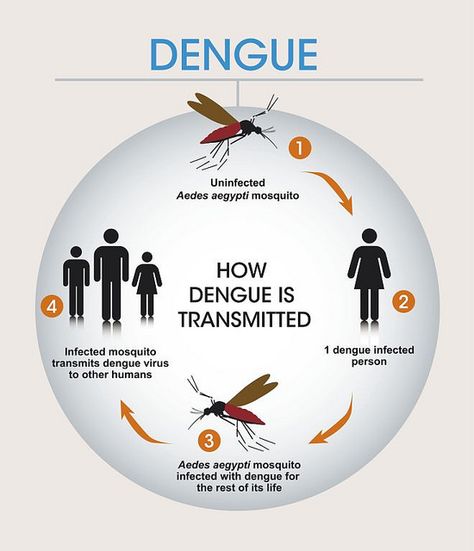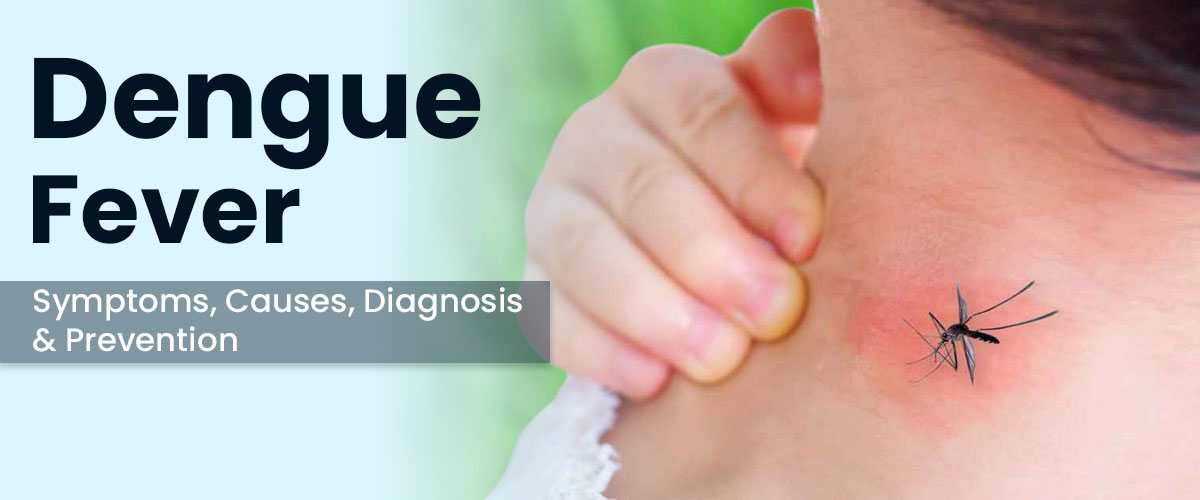Dengue Fever: Symptoms, Causes, and Treatment Options
Dengue fever is a significant global health concern that affects millions of people each year. It’s a mosquito-borne viral illness that can lead to severe complications if not managed properly. In this article, we’ll delve into the various aspects of dengue fever, including its symptoms, causes, and available treatment options.
1. Understanding Dengue Fever

Dengue fever is caused by the dengue virus, which is primarily transmitted through the bite of infected Aedes mosquitoes. These mosquitoes are commonly found in tropical and subtropical regions, making the disease prevalent in many parts of the world.
2. Common Symptoms

H2: Recognizing the Signs
The symptoms of dengue fever can vary from mild to severe. Common signs include high fever, severe headache, joint and muscle pain, skin rash, and mild bleeding.
3. Differentiating from Other Illnesses

H2: Sorting Out Similarities
Dengue fever symptoms can resemble those of other diseases like the flu or chikungunya. Proper diagnosis is crucial for timely and appropriate medical intervention.
4. Causes and Transmission

H2: The Role of Mosquitoes
Aedes mosquitoes thrive in urban areas, where they breed in stagnant water. When an infected mosquito bites a person, it transmits the virus, leading to dengue fever.

5. Variations and Severity
H2: From Mild to Severe
Dengue fever can manifest as three different forms: uncomplicated dengue fever, dengue hemorrhagic fever, and dengue shock syndrome. Severe forms can lead to organ damage and even death.
6. Seeking Medical Attention

H2: Knowing When to Act
If you experience symptoms and suspect dengue fever, seeking medical attention is essential. Early diagnosis and management can significantly reduce the risk of complications.
7. Available Treatments

H2: Managing the Symptoms
Currently, there is no specific antiviral treatment for dengue fever. Medical care mainly focuses on relieving symptoms, maintaining hydration, and providing supportive care.
read more about Unraveling Chronic Fatigue Syndrome: A Complete Guide
8. Prevention Strategies
H2: Keeping Mosquitoes at Bay
Preventing dengue fever involves controlling mosquito populations and protecting oneself from mosquito bites. Proper waste disposal and the use of mosquito repellents are effective prevention measures.
9. The Global Impact
H2: A Widespread Concern
Dengue fever’s impact extends beyond individual health, affecting communities and economies. Efforts to control the disease are crucial to reducing its burden.
10. Conclusion
In conclusion, dengue fever remains a significant health challenge worldwide. Understanding its symptoms, causes, and available treatment options is essential for both individuals and communities. By adopting preventive measures and staying informed, we can collectively work towards reducing the prevalence and impact of this mosquito-borne illness.
FAQs
1. Can dengue fever be fatal? Yes, severe forms of dengue fever can be life-threatening, but early medical intervention can significantly improve outcomes.
2. Is there a vaccine for dengue fever? Yes, there are vaccines available for dengue fever in some regions, but their availability may vary.
3. How can I protect myself from dengue fever? Using mosquito repellents, wearing protective clothing, and eliminating mosquito breeding sites around your home are effective preventive measures.
4. Are there any specific medications for treating dengue fever? While there is no specific antiviral medication for dengue fever, doctors focus on managing symptoms and providing supportive care.
5. Is dengue fever only a concern in tropical regions? Dengue fever can be found in tropical and subtropical regions worldwide, making it a concern beyond just tropical areas.








 Viesearch - The Human-curated Search Engine
Viesearch - The Human-curated Search Engine

4 Comments